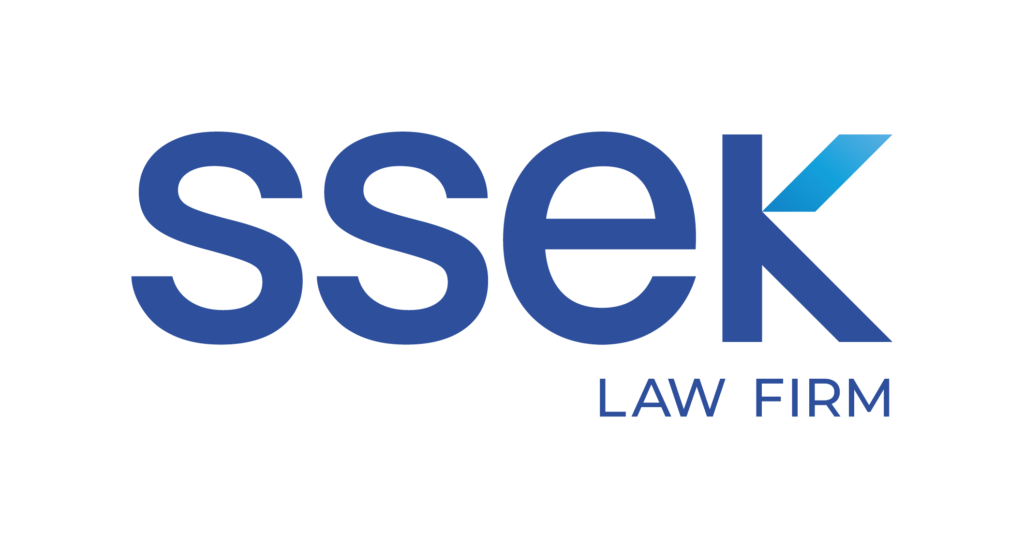Indonesia – Why Certified Lighters Matter: New Indonesian Standards And Industry Compliance.
On October 15, 2024, Indonesia issued Minister of Industry Regulation No. 51 of 2024 (“MOI Reg 51/2024”), introducing updated safety standards for lighters under the Indonesian National Standard (Standar Nasional Indonesia or “SNI”) framework. These new rules replace MOI Reg 72/2010 and mandate compliance with the updated SNI certification requirements.
The updates target improved safety and reliability, addressing risks such as fuel leaks, weak construction, and insufficient flame-extinguishing mechanisms – common issues in non-certified lighters that can lead to fires, burns, or explosions. Under MOI Reg 51/2024, all lighter manufacturers, importers, and distributors must meet the revised technical specifications to continue selling their products in Indonesia.
This article breaks down the key changes in the new regulation and explains what companies need to do to maintain compliance and avoid disruption to their operations.
SNI Certification Requirements
Under Indonesian law, companies producing or importing lighters must:
- Obtain an SNI Product Compliance Certificate (“SPPT-SNI“); and
- Label their products with the SNI mark.
The SNI certification is valid for five years and must be renewed to maintain compliance.
Obtaining an SPPT-SNI
To obtain an SPPT-SNI, an applicant must meet the applicable International Organization for Standardization (“ISO”) requirement. MOI Reg 51/2024 introduces the new ISO 9994:2018 standard for lighters, replacing the previous ISO 19-7120:2005 under MOI Reg 72/2010.
Under the old regulation, companies applied directly through one of the approved Product Certification Institutions (Lembaga Sertifikasi Produk or “LS-Pro“), entities appointed and authorized by the MOI to issue SPPT-SNI. The LS-Pro received the application and supporting documents from the applicant, reviewed and verified the completeness of the documents, and conducted a compliance site visit to the factory for product sampling. Throughout the audit process, LS-Pros had discretion in their procedures but were required to ensure that the products met the standards under ISO 19-7120:2005 based on the test results. Upon satisfactory testing, the audit team would convene to decide whether to issue the SPPT-SNI, which would then be approved and issued to the applicant.
The new regulation centralizes the SNI certification process. Companies now submit applications online through the National Industrial Information System (Sistem Informasi Industri Nasional or “SIINas”) platform, which serves as a one-stop platform for choosing the type of SNI to apply for, appointing an LS-Pro, and submitting supporting documents. The LS-Pro checks the completeness of the documents and conducts a compliance site visit for product sampling, similar to the old regulation. However, the new regulation introduces additional rules for the LS-Pro to standardize the audit process, reducing the discretion in decision-making. An extra verification step has also been added, where after the LS-Pro submits the Test Result Certificate, a body in the Ministry of Industry conducts additional verification, including retesting to confirm the results. The Ministry of Industry then makes the final decision whether to grant the SPPT-SNI, which is issued through the SIINas platform.
MOI Reg 51/2024 also provides tailored guidelines for different business schemes, accommodating various types of collaboration between foreign and local companies. These guidelines ensure that the certification process is adaptable to different business structures and partnerships.
Once products are certified, the process is the same as under the old regulation – companies must undergo annual audits to ensure ongoing compliance. Any non-conformities identified during surveillance must be addressed and rectified within specified timelines to maintain certification.
Labelling requirements
Once the SPPT-SNI is obtained, lighters must display the SNI mark on their packaging in a specified manner to inform consumers. The previous regulation required the SNI mark to be affixed in a durable and easily readable way, without further specifications on how it should be applied.
The new regulation introduces additional guidelines. In addition to the SNI mark, an electronic mark must now be added to the packaging, providing further product information. Both marks must be applied using a press imprint in a visible area on the packaging, positioned either below or beside each other.
In addition, the packaging must now include a label in a clearly readable location, displaying key details such as the product name, brand, type, manufacturer’s name or logo, and the distributor’s name. It should also prominently feature the word “WARNING,” safety information depending on the lighter type, and relevant safety signs.
These enhanced requirements aim to ensure uniformity and provide clarity for lighter manufacturers.
Conclusion
MOI Reg 51/2024 imposes more stringent standards and procedures for the SNI certification of lighters in Indonesia. The regulation also modernizes the application process by consolidating it into a single, streamlined platform, thereby improving efficiency and accessibility. Additionally, it strengthens the integrity and consistency of the certification process by introducing additional layers of verification.
This regulation will take effect six months after its enactment, on April 15, 2025. Although SNI ISO 19-7120:2005 certificates issued under MOI Reg 72/2010 remain valid, companies must update these certificates within one year of the effective date of MOI Reg 51/2024 to comply with the new SNI ISO 9994:2018 standard.
Compliance is crucial for companies to continue operating in the Indonesian market without risking sanctions. Failure to meet these updated standards could result in severe consequences, including criminal penalties and the revocation of SNI certificates. (21 January 2025)







